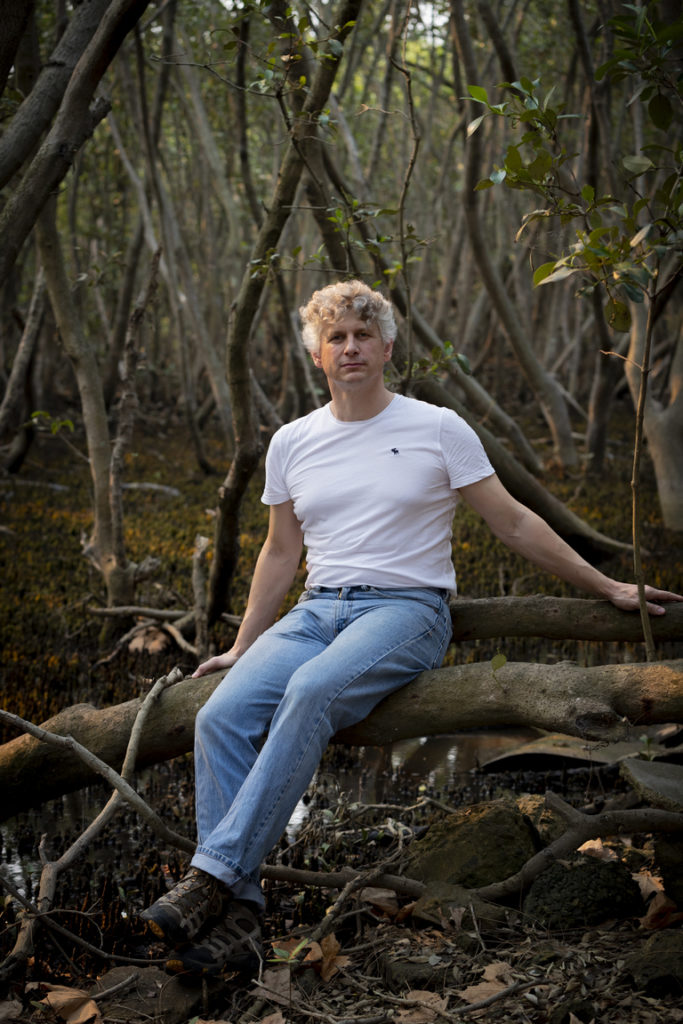You may be aware that an Australian woman living with multiple sclerosis challenged our National Disability Insurance Scheme and won when they rejected her request for the NDIS to fund a therapist to provide her with regular sexual release.
You can read about the case here:
https://www.google.com/amp/amp.abc.net.au/article/11298838
This is a huge step forward in the recognition of sex as a natural and fundamental part of the human condition and that people with disabilities deserve it too.
Sadly though that is where the politician stepped in (from the article).
“Minister for the NDIS, Stuart Robert, said that ruling was out of line with community expectations.
‘The National Disability Insurance Agency (NDIA) intends to appeal the recent decision,’ he said.
‘The current position continues to be that the NDIS does not cover sexual services, sexual therapy or sex workers in a participant’s NDIS plan.'”
First – can I just say that it is nice to see a politician (particularly a conservative one) using the term “sex worker”. It’s rare and appreciated.
Sadly though Stuart Robert then fails to be a leader and reverts to nebulous conservative morality to justify appealing against the decision.
He claims that the NDIS funding sexual service for people who cannot experience sex because of their disability is not in line with “community expectations”.
There is a lot to unpack here.
The first is the idea that “the community” has a right to tell people what they can and can’t do in the bedroom. I think that we have, through things like the decriminalisation of homosexuality and indeed sex work here in NSW (and the Australian Capital Territory, and New Zealand), established that “the community” has no right to tell consenting adults what they can and can’t do to each other.
The second is that a minister of our government is hide bound to follow “community expectations”. This is absurd. Ministers make unpopular decisions regularly, they do so – they will tell you – for the good of the nation, to protect minorities, the environment etc.
So Stuart Robert claiming that he is duty bound to challenge the ruling because “the community” wouldn’t like people with disabilities being able to enjoy basic sexual release is nothing more than abdicating his responsibility as a minister and failing to be a true leader. Stuart Robert – if you are listening: man up and do your job.
Also – has Robert Stuart actually asked “the community” what we want? I’m fairly sure this question has never been polled anywhere, that being the case it’s even worse than abdication. He’s just deflecting and using the presumed moral authority (of “the community) to avoid having to take a stance that his party and his (presumably conservative) electorate might not like (read: he’s afraid he won’t get re-elected if he lets people with disabilities have an occasional shag).
As a straight male sex worker (escort) for women, I have been working with women with disabilities for almost my entire career. I know absolutely how important having intimate touch and the ability to enjoy and experience their sexuality is.
But personal experience shouldn’t even be necessary. Do we – does Stuart Robert – have no ability to empathise? Has he ever stopped to imagine never having someone touch him again in a sexual way? How about never being touched and being unable to even touch himself?
This is the reality of life for many of my clients with disabilities. And it’s not their fault. It’s just what they live with because life dealt them a shitty hand.
We happily fund or subsidise (through the NDIS) education, physical therapy, medication, accommodation, travel, and more for people who we as a society recognise are unable or disadvantaged to get those things for themselves because of their disability.
The only way that we can justify not funding sexual services as part of an NDIS plan is if we believe that sex isn’t an integral part of the human experience. I know that I personally need sex in my life to be a happy and fulfilled person. If I don’t have it, then it seriously impacts on my quality of life.
This is a message that I hear from my clients – able bodied or otherwise – regularly.
So why would “the community” have a problem with the NDIS allowing people with disabilities to occasionally enjoy what most of us take for granted?
John.



